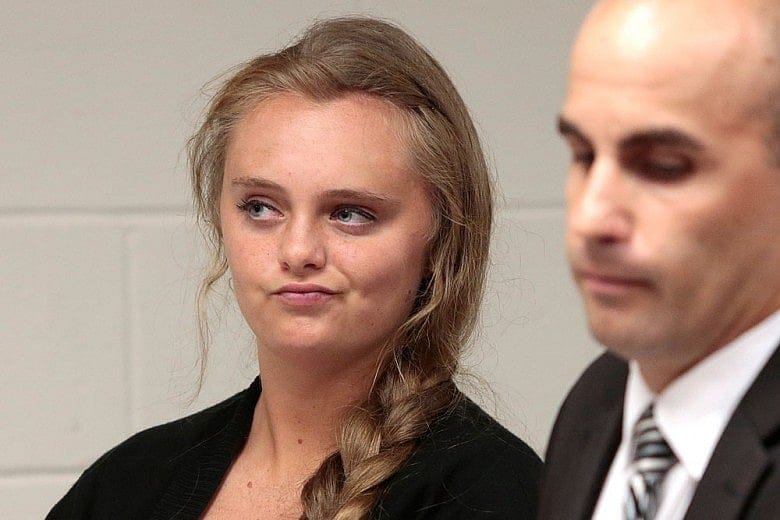Massachusetts High Court Upholds Text-Suicide Conviction, But Doesn’t Rule on Assisted Suicide

The highest court in Massachusetts has upheld the conviction for involuntary manslaughter of a teen-age girl who repeatedly urged her boyfriend to kill himself, saying the commonwealth has a "compelling interest in preserving life."
But the court said it was not ruling on assisted suicide in cases where there is a terminally ill patient, which is currently illegal in Massachusetts but is the subject of a court challenge and a bill in the state Legislature seeking to make it legal.

